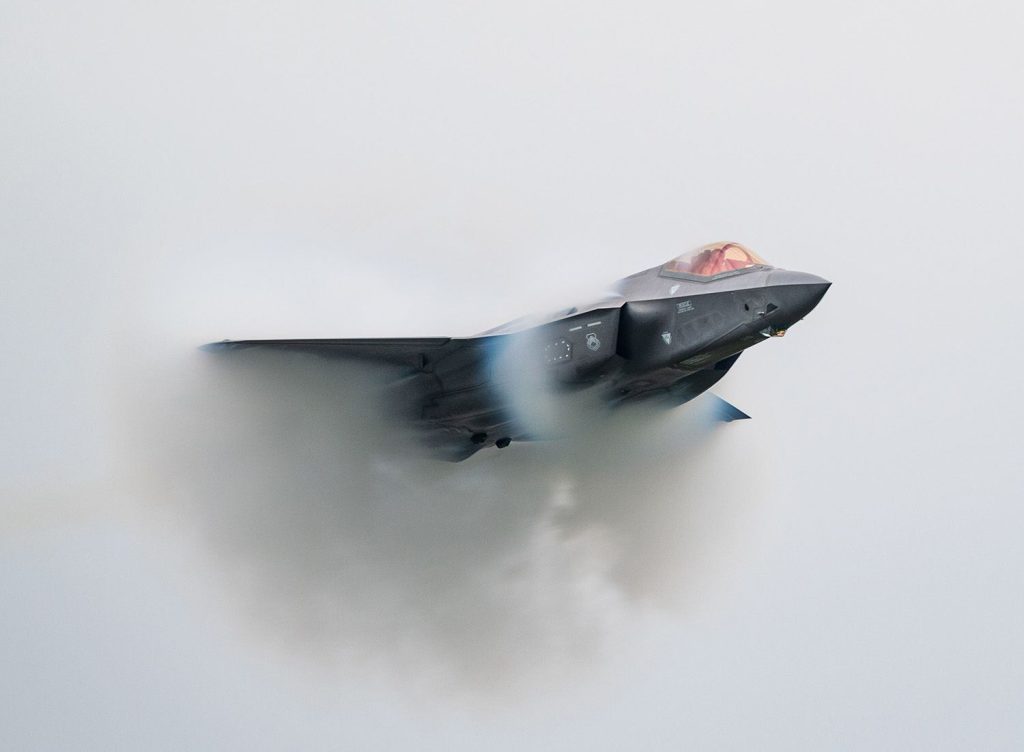Regardless of the actual value of the products, you see the potential of using related ferroalloys in this section.
All content on this page has been created by ChatGPT 4 AI

Ferrosilicon
Ferrosilicon, akin to numerous advanced materials and alloys, plays a pivotal role in bolstering military capabilities by contributing to the creation of stronger and more resilient materials employed in diverse defense applications.
Rocket and Missile Production
Ferrosilicon is integrated into rocket and missile production, enhancing propellant formulations for improved combustion and controlled energy release. This improves the specific impulse and performance of solid propellants used in military and aerospace applications.
Armor and Ballistic Protection
Ferrosilicon aids in producing armor and ballistic protection materials, augmenting strength, hardness, and penetration resistance. This is vital for safeguarding military vehicles, aircraft, and personnel.
Thermal Resistance
Ferrosilicon enhances the thermal resistance of materials, crucial for withstanding high temperatures in supersonic flight or engine components, bolstering thermal stability and performance

Communications and Radar Systems
Ferrosilicon contributes to communications and radar systems by facilitating the construction of waveguides, antennas, and other components requiring high electrical conductivity and magnetic properties.

Steel and Electrical Transformers
Ferrosilicon is indispensable in producing electrical steel with excellent magnetic properties, electrical resistance, and energy efficiency. This is vital for efficient power transmission and distribution in military and aerospace applications.
Magnesium Ferrosilicon
Magnesium Ferrosilicon serves as a crucial component in enhancing the capabilities and effectiveness of military and aerospace technologies through its various applications:
Lightweight Structures
Magnesium alloys, often reinforced with Magnesium Ferrosilicon, are used in military and aerospace industries to craft lightweight components. These alloys boast a high strength-to-weight ratio, making them ideal for weight-sensitive applications. Ferrosilicon enhances the mechanical properties and castability of Magnesium alloys, enabling the production of lightweight structures in military equipment and aerospace vehicles

Ballistic Protection
Ferrosilicon Magnesium aids in ballistic protection in military applications by contributing to the production of composite materials or coatings with enhanced strength and penetration resistance. Combining Magnesium and Magnesium Ferrosilicon alloys can provide superior ballistic protection while maintaining a lighter overall weight compared to conventional materials.

Heat Resistance
Similar to Ferrosilicon, Ferrosilicon Magnesium increases the heat resistance of materials used in military and aerospace industries. It can be incorporated into Magnesium alloys or other materials to improve their ability to withstand high temperatures experienced during supersonic flight or in engine components, thereby enhancing thermal stability and performance in extreme environments.
Propellant Additive
Ferrosilicon Magnesium acts as an additive in solid fuel propellants for military and aerospace applications, enhancing the combustion process and boosting impulse and fuel performance. Its inclusion in solid rocket fuel improves thrust and efficiency, contributing to the performance of military rockets and aerospace vehicles.
Communications and Electronics
In military and aerospace communication and electronic systems, Ferrosilicon Magnesium finds application in antennas, waveguides, and other components requiring high electrical conductivity and magnetic properties. Ferrosilicon Magnesium-based materials support the transmission and reception of electromagnetic signals, facilitating efficient communication in military and aerospace operations.
Microsilica
Microsilica powder, also referred to as Microsilica, enhances the performance, safety, and durability of military and aerospace technologies by imparting various beneficial properties
High-Strength Materials
Microsilica serves as a reinforcing additive in the production of high-strength composite materials. Incorporated into polymers or metals, it enhances mechanical properties such as tensile strength, hardness, and impact resistance. This is particularly valuable in military and aerospace applications, where robust yet lightweight materials are essential for aircraft structures, armored vehicles, and missile casings.
Electromagnetic Shielding
As an additive, Microsilica improves electromagnetic shielding properties in military and aerospace applications. When used in coatings or composite materials, it provides protection against electromagnetic interference (EMI) or electromagnetic radiation, safeguarding sensitive devices or systems from external electromagnetic influences.
Fire Resistance
Microsilica increases the fire resistance of materials by being incorporated into polymers, coatings, or composite materials. This enhancement is crucial for ensuring fire safety in critical applications such as aircraft interiors and military vehicles.
Thermal Insulation
With excellent thermal insulation properties, Microsilica is used in applications requiring effective heat management. In military and aerospace industries, it’s added to insulating materials for engine components, exhaust systems, and thermal protection systems. This aids in reducing heat transfer, thereby enhancing safety and performance in high-temperature environments.
Corrosion Resistance
Microsilica possesses corrosion-inhibiting properties when integrated into coatings or composite materials. By enhancing corrosion resistance, it protects military and aerospace equipment from degradation, particularly in marine environments or areas prone to moisture and active chemical exposure.

